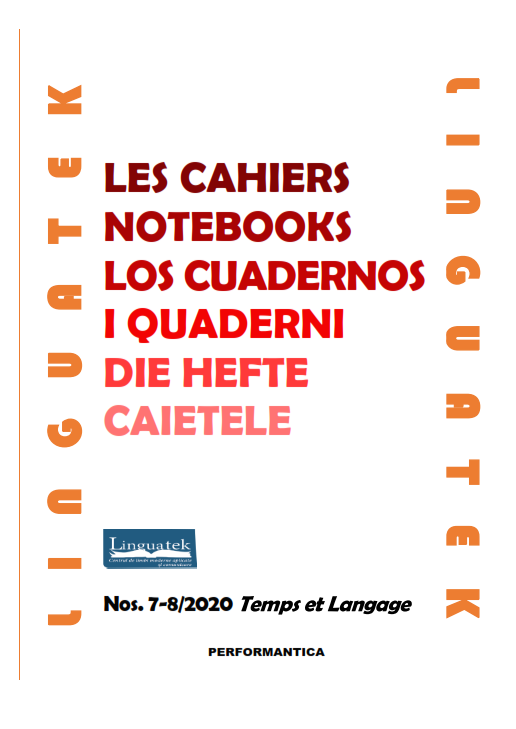Albumiţa ou À propos d’un nouveau sens du sacrifice sacramental
Albumița - About a New Meaning of Sacramental Sacrifice
Author(s): Geta MorosanSubject(s): Studies of Literature
Published by: Editura Universității Tehnice “Gheorghe Asachi” din Iași
Keywords: Edelweiss; Anania; hunting; interiority; sacrifices;
Summary/Abstract: The short story “Edelweiss” (from the volume Amintirile pelerinului apter [The Memories of the Wingless Pilgrim] by Valeriu Anania) is a confession whose narrative code is built on indices which gradually reveal exclusively symbolic values. The central theme is the hunting of wild beasts, the assault against animals, generated by man’s tendency to control and to weaken any threat to his power. In a psychoanalytic perspective, the animal, as an archetype, represents the deep layers of the unconscious and of the instinct (J. Chevalier, A Dictionary of Symbols). The hero of the experiences depicted in the story is the narrator himself, who first tells about two other hunters – a man and a woman –, each of them representing a distinct model of confronting animal power, and only then does he make the confession about his own confrontation, as a “hunter” of a different species, whose chosen “cynegetic target” was a flower, the “albumița” (the Romanian popular name of the edelweiss). Determined to climb the steep mountain wall to reach the flower, the hunter-narrator embarks on a tenacious and extremely dangerous pursuit, on the thin edge between life and death, not in order to pluck it, but to breathe its “sweet, immaterial scent”. The reader, alerted also by the paradox of the cynegetic “target”, understands, therefore, that the mountain climb does not take place in the geography of the real, but in that of the profound interiority of the human being, who aspires to the spiritual heights of its essence, ignoring or fighting the limitations of corporeality. The achievement of true closeness to the the flower of his yearning, happens, however, in an unexpected way, when the “hunter” is forced to give up his “target” at the very moment when he was almost touching it. He sacrifices the exhausting years of his climb to save a deer fawn (an “animal soul”, therefore) in the name of compassionate love (Agape). His gesture acquires, at a symbolic level, the significance of accepting that which had been rejected, of bridging the “abyss” between the profane and the spiritual, of restoring the unity of divine creation.
Journal: LES CAHIERS LINGUATEK
- Issue Year: 4/2020
- Issue No: 7-8
- Page Range: 307-317
- Page Count: 11
- Language: French

